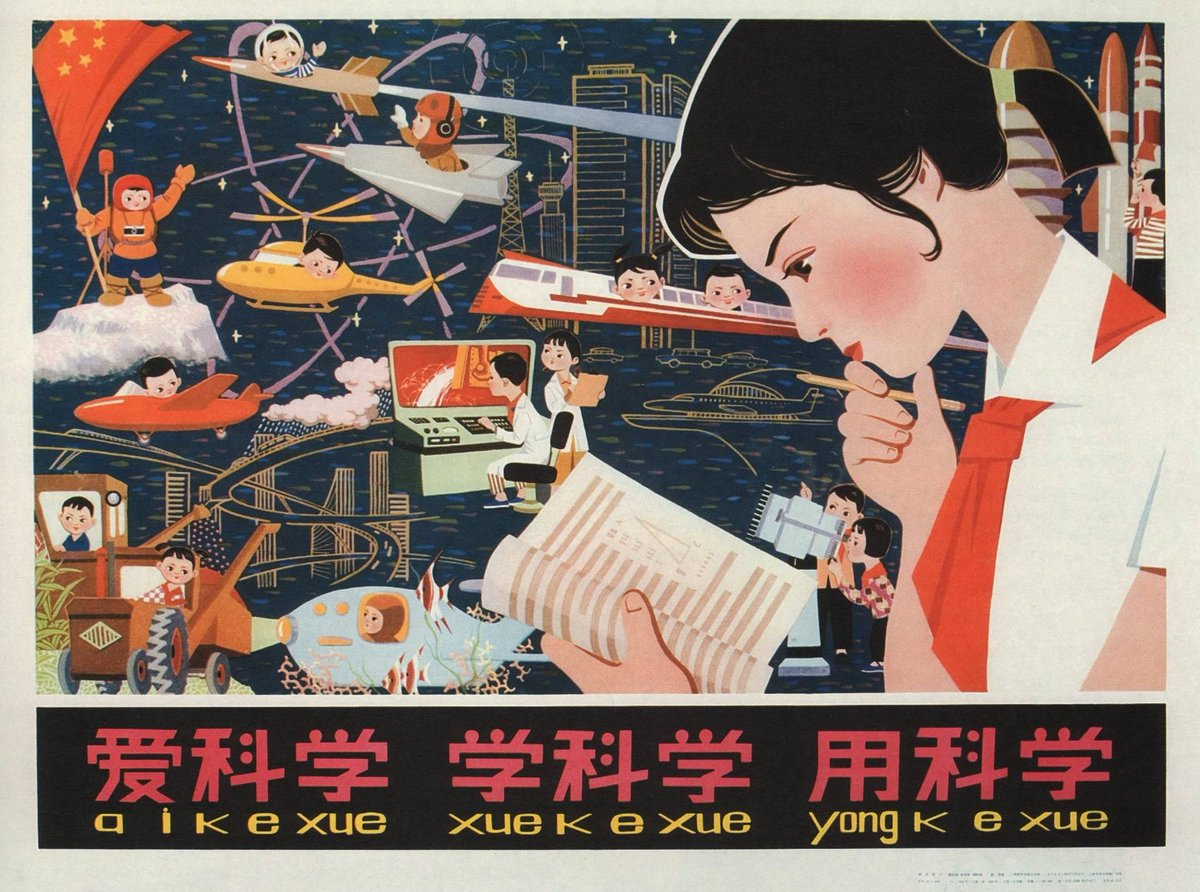16
there doesn't seem to be anything here
this post was submitted on 14 Sep 2023
16 points (100.0% liked)
science
22704 readers
1 users here now
Welcome to Hexbear's science community!
Subscribe to see posts about research and scientific coverage of current events
No distasteful shitposting, pseudoscience, or COVID-19 misinformation.

founded 4 years ago
MODERATORS
